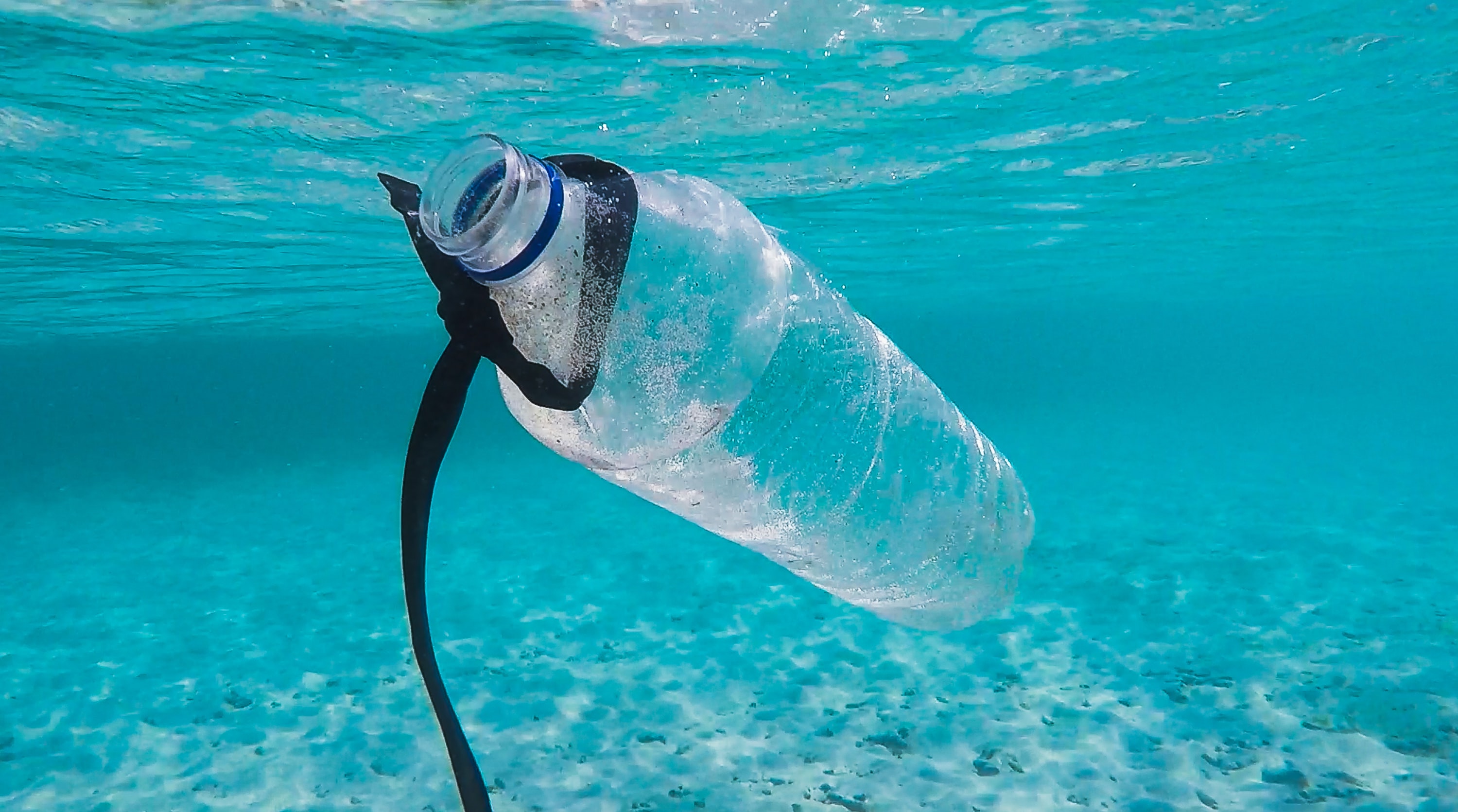
Hanoi, Vietnam, September 29, 2021—As Vietnam prioritizes its goals to combat plastics pollution, a new IFC-World Bank study suggests that managing used plastic as a valuable resource provides a sound business case for scaling up recycling and other plastic circularity efforts, while promoting sustainable economic development.
The joint report, Market Study for Vietnam - Plastics Circularity Opportunities and Barriers, finds only 33 percent of the total 3.9 million tons of the commonly used plastics disposed per year in Vietnam are recovered and recycled. The study estimates that 75 percent of the material value of the plastics—equivalent to $2.2 billion to $2.9 billion per year is lost to the economy.
"Rapid urbanization and a rising middle class have significantly increased consumption of plastic products and packaging, making regional emerging markets including Vietnam a hot spot for plastics pollution," said Carolyn Turk, World Bank Country Director for Vietnam. "However, investments in waste management infrastructure have not kept pace. The public and private sector need to work together to address this complex environmental, social, and economic problem and drive policies and investments that help unlock material value."
Globally, up to 50 percent of marine plastic debris is contributed by single-use or short-use consumer packaging. The COVID-19 pandemic has exacerbated the situation due to increased consumption of masks, sanitizer bottles, and packaging for online delivery. Plastic pollution caused by environmental leakage to the marine environment is especially acute for Vietnam given its long coastline. In response, the national action plan for management of marine plastic litter by 2030 aims to reduce 75 percent of Vietnam's marine plastic debris over the next 10 years.
The World Bank Group study uses a plastic value chain approach to identify how key resins are produced, used, and managed in Vietnam while promoting increased waste segregation, collection and recycling to unlock additional material value.
"A circular economy is critical for Vietnam to meet low-carbon growth targets. Recycling plastics not only addresses plastics pollution, but it also avoids greenhouse gas emissions and saves valuable material resources," said Kyle Kelhofer, IFC Country Manager for Vietnam, Cambodia, and Lao PDR. "Improving the business case for plastic recycling will mobilize increased private sector investment to help address the scourge of plastics pollution, while supporting key sectors including tourism, shipping, and fisheries, which have been particularly impacted."
The study proposes both short and long-term solutions to enhance local demand for recycled plastics and scale up the domestic recycling industry by strengthening the enabling environment for private sector investment. Specifically, it recommends improvement in waste management capacity, setting "recycled content targets" across major end-use applications, and mandating "design for recycling" standards for plastics, especially for packaging, among others.
Funding for the study was provided by PROBLUE, an umbrella multi-donor trust fund, administered by the World Bank, that supports the sustainable and integrated development of marine and coastal resources in healthy oceans. The study is part of World Bank Group's efforts to tackle plastics pollution across East Asia and the Pacific.
To download the full study, please click here.
About IFC
IFC—a member of the World Bank Group—is the largest global development institution focused on the private sector in emerging markets. We work in more than 100 countries, using our capital, expertise, and influence to create markets and opportunities in developing countries. In fiscal year 2021, IFC committed a record $31.5 billion to private companies and financial institutions in developing countries, leveraging the power of the private sector to end extreme poverty and boost shared prosperity as economies grapple with the impacts of the COVID-19 pandemic. For more information, visit www.ifc.org.
About the World Bank
The World Bank provides financing, global knowledge, and long-term commitment to help low- and middle-income countries end poverty, achieve sustainable growth, and invest in opportunity for all. We comprise the International Bank for Reconstruction and Development (IBRD), the world's largest development bank, and the International Development Association (IDA), one of the largest sources of funding for the world's poorest countries. With the other World Bank Group institutions as well as partners across the public and private sectors, we are helping build solutions to the global challenges of the 21st century in all major sectors of development. A world where no one lives in poverty and everyone has the opportunity for a better life is within our reach. For more information, visit www.worldbank.org.
Stay Connected
www.ifc.org/eastasia
www.twitter.com/IFC_EAP
www.youtube.com/IFCvideocasts
www.ifc.org/SocialMediaIndex
www.instagram.com\ifc_org
www.facebook.com/IFCeap
www.facebook.com/IFCwbg
www.linkedin.com/showcase/ifc-asiapacific
Contacts
Stay Informed
Sign up to have customizable news & updates sent to you.